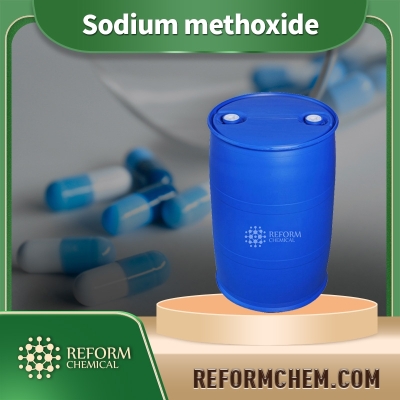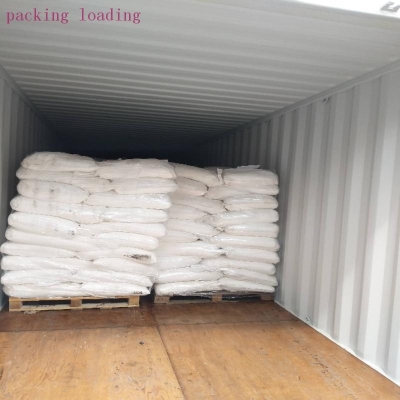-
Categories
-
Pharmaceutical Intermediates
-
Active Pharmaceutical Ingredients
-
Food Additives
- Industrial Coatings
- Agrochemicals
- Dyes and Pigments
- Surfactant
- Flavors and Fragrances
- Chemical Reagents
- Catalyst and Auxiliary
- Natural Products
- Inorganic Chemistry
-
Organic Chemistry
-
Biochemical Engineering
- Analytical Chemistry
-
Cosmetic Ingredient
- Water Treatment Chemical
-
Pharmaceutical Intermediates
Promotion
ECHEMI Mall
Wholesale
Weekly Price
Exhibition
News
-
Trade Service
The International Energy Agency (IEA) recently said that high oil prices will pose a high risk
to the global economic recovery.
There are indications that fuel costs are beginning to have an impact on
demand growth.
Amid growing recession fears, the IEA lowered its global crude oil consumption forecast for this year and next, warning that high oil prices threaten stability
in emerging economies.
Oil prices have recently retreated, but they have remained around $100 a barrel as global supply and refining infrastructure have failed to keep pace
with the rebound in fuel use since the pandemic eased.
With gasoline prices triggering unprecedented inflation in the United States, U.
S.
President Joe Biden urged Middle Eastern oil producers to open the "valve"
of increased production.
But Saudi Arabia and the United Arab Emirates, the only two OPEC members that can boost crude production, have limited
crude oil production to offer.
The International Energy Agency said the two oil-producing countries will reach a precarious 2.
2 million barrels
of daily spare capacity in August.
In addition, the International Energy Agency slightly lowered its global oil daily demand growth forecast this year to 1.
7 million barrels, projecting an average of 99.
2 million barrels
of global oil daily consumption this year.
The agency said global crude oil reserves should be replenished
in the second half of the year due to a weak demand outlook and expected strong supply of crude oil outside OPEC.







